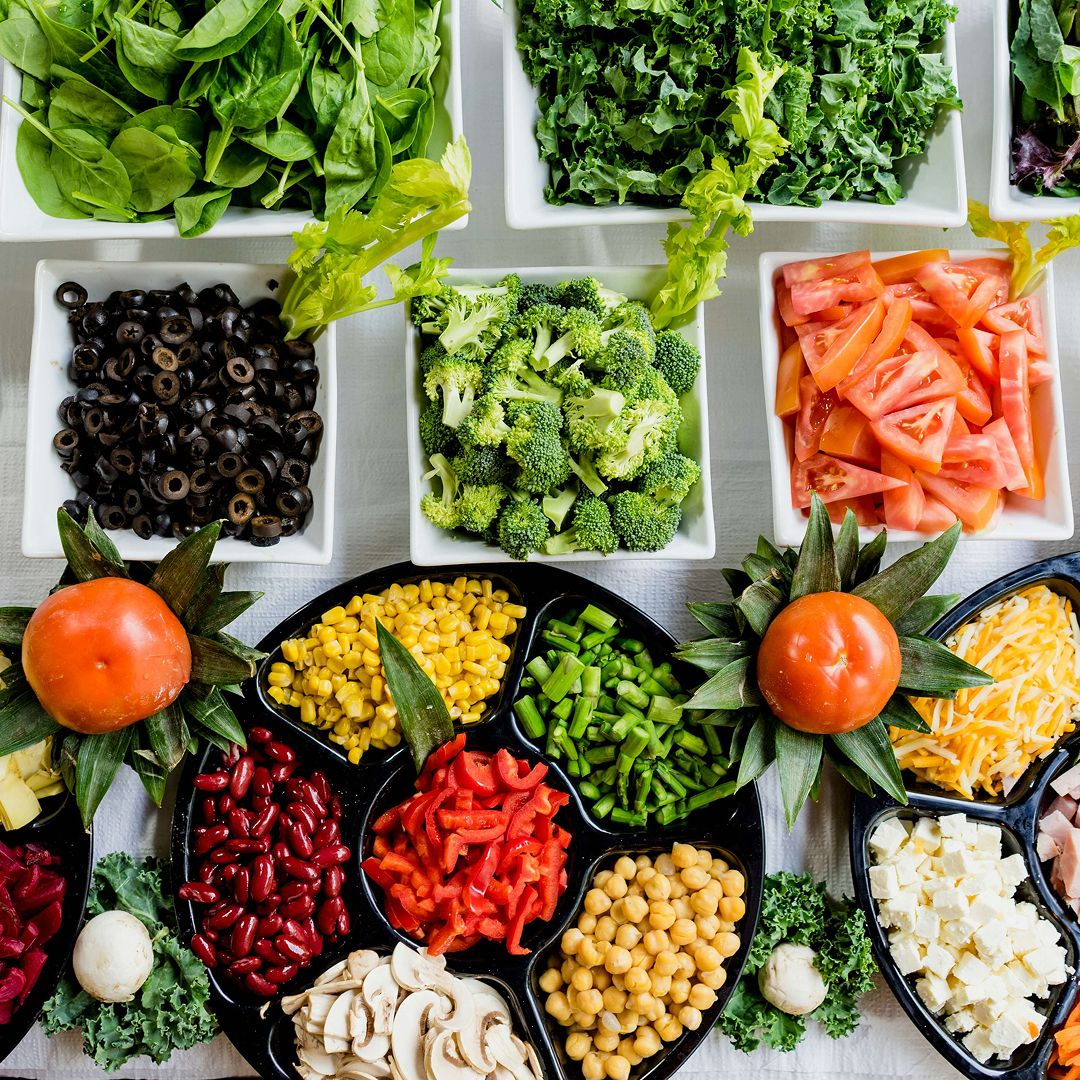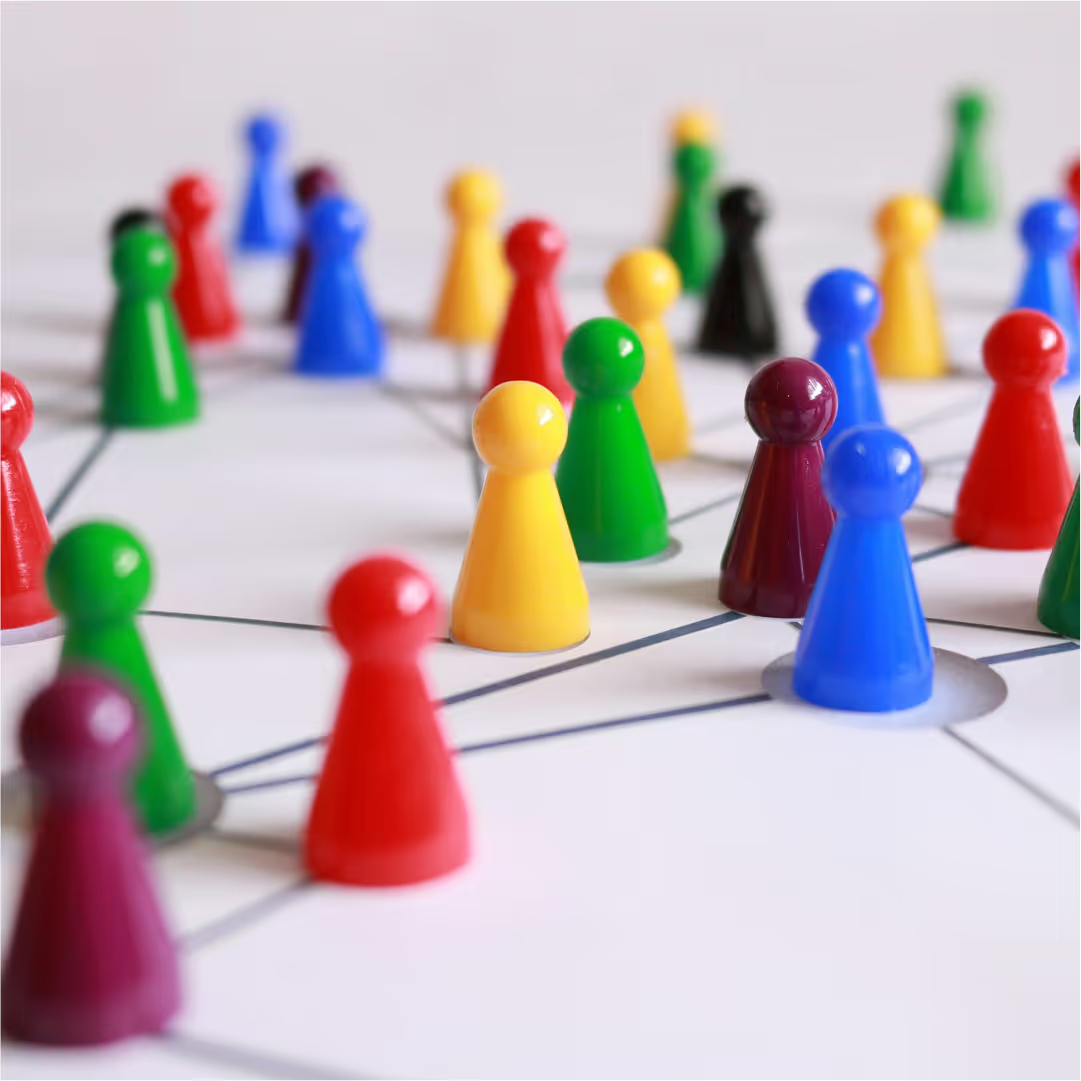Many of us struggle with bloating, gassiness, or constipation due to an unhealthy gut. We also find weight loss to be hard, with little to no proof of progress. What if the two were related, with our guts being the reason we can’t lose weight?
To answer this, I sat down with Michael Leyva, a functional health practitioner. For 14 years, he’s done investigative lab work for clients, adjusting things from a diet and supplementation point of view. Let’s take a look at his thoughts on gut health and what’s needed to improve yours.
What does a healthy gut look like?
ML: Over 80% of our immune system is in our gut. The more diversified the population is in your gut the healthier you will be. So, having a healthy gut means that you eat real food.
Our bacteria is based on a couple of things, the first being how we were born. The second is what we eat. If you’re constantly eating carbs and sweets, you’ll feed the colony of bacteria that thrives on that. Someone with a good gut is eating a lot of real food, with lots of different colors.
What does an unhealthy gut look like?
ML: The number one symptom of an unhealthy gut is gas and bloating. Bad bacteria will eat away any undigested food and use it as a food source. By eating more colors, you’re getting more nutrients.
A lot of anxiety and mood disorders originate from your gut. As I mentioned earlier, 70-80% of your immune cells are in your gut. It has a high amount of neurotransmitters. Amino acids are precursors for neurotransmitters. When your gut is unhealthy, it affects everything else.
Another is skin issues. Someone with a lot of acne might be told to put on topical things, but it’s probably their gut that’s causing the breakouts.
How does our gut health affect our weight?
ML: If your body is toxic, the reason we gain weight is not so much about calories. We’re heavier than before because we’re more toxic. Toxicity and inflammation drive weight gain.
Diet plays a part in this. What if rather than counting calories, we remove inflammatory foods? Then that person can eat more calories and lose weight. You have to ask, Is it real food, and does it have a lot of phytonutrients? Phyto is what gives real food its color. We need real foods that have lots of colors.
How can we improve our gut health, simultaneously helping with weight loss?
One man’s food is another man’s poison. I’ll give you an example of what I mean by this. Broccoli and kale are generally healthy, right? Yes, they are, but while it’ll help one person, it will cause weight gain for another because they are inflammatory foods for that person. The person who lowers inflammatory food is going to lose weight quicker.
People develop diets based on geography. Our environment dictates what they should eat. For example, if you’re in Alaska, where it’s very cold, you’ll need to eat a lot of fats. Those living in the rain forest need more energy for running and hunting, so they’re surrounded by plants and vegetables.
This relates to what you’ll need to eat even in your individual environment. People who are high-stress need to eat things that will bring their stress down. Things such as culture, environment, and geography affect gut health. Even the food that grows in specific seasons tells us what we should be eating. For example, what grows in the fall? Pumpkins. In the summer? Watermelon, mango, etc.
What resources do you offer?
I offer GI-MAP stool tests. These tell me how much bad or good bacteria is in your gut. I also offer food sensitivity tests, which tell me what food people might be sensitive to.
How can we get in touch with you?
You can go to my website, blueprintfunctionalhealth.com. I have a lot of articles on there that talk about how the gut affects health.





